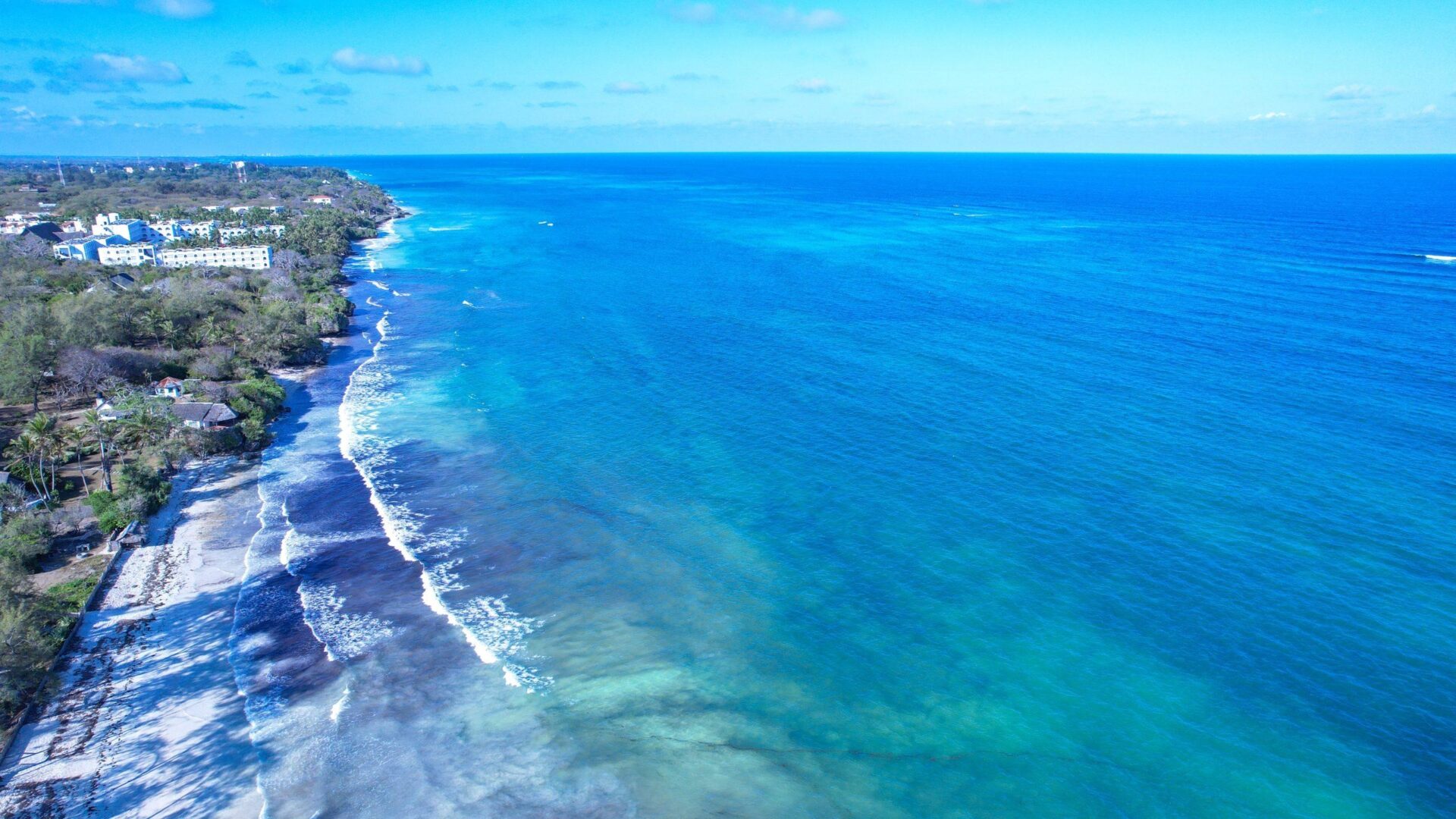
Kenya’s pristine coastline, adorned with palm-fringed beaches and turquoise waters, beckons investors seeking to capitalize on the allure of beachfront properties. While the prospect of owning a slice of paradise is undeniably enticing, investing in Kenyan beach properties entails careful consideration of the inherent advantages and challenges. Here, we delve into the pros and cons of investing in these coveted coastal havens, empowering investors to make informed decisions in pursuit of their real estate aspirations.
Pros:
Prime Location and Tourism Potential:

Kenya’s coastal regions, including Mombasa, Diani Beach, and Malindi, boast unparalleled natural beauty and year-round sunshine, attracting tourists from across the globe. Investing in beach properties affords owners access to prime locations with high tourism potential, offering lucrative opportunities for rental income and capital appreciation.
Strong Demand in the Hospitality Sector:

The Kenyan coast is a popular destination for both domestic and international tourists, driving demand for hospitality services and accommodation. Beachfront properties, including hotels, resorts, and vacation rentals, are in high demand, presenting investors with a steady stream of rental income and long-term growth prospects.
Lifestyle and Recreational Amenities:
Owning a beach property in Kenya provides investors with the opportunity to enjoy a luxurious lifestyle amidst stunning natural surroundings. Residents and guests can indulge in a wide range of recreational activities, including swimming, snorkeling, water sports, and sunset cruises, fostering a sense of relaxation and rejuvenation.
Diversification of Investment Portfolio:
Investing in Kenyan beach properties offers diversification benefits for investors seeking to balance their portfolio with tangible assets. Beachfront real estate serves as a hedge against market volatility and inflation, providing stability and resilience during economic downturns.
Higher Market Value
Beach properties generally have a higher market value compared to inland properties. This is due to the limited supply of beachfront land and the high demand for such properties. As a result, investing in a beach property can yield a good return on investment, especially if you plan to sell it in the future.
Excellent Location for Families
Beach properties offer an excellent location for families, providing a safe and serene environment for children to grow up. The proximity to the beach also offers numerous opportunities for family activities, such as swimming, sunbathing, and water sports.
Cons:
Vulnerability to Environmental Risks:

Kenyan beach properties are susceptible to environmental hazards such as coastal erosion, rising sea levels, and tropical storms. Climate change poses a significant threat to coastal infrastructure and property values, necessitating proactive measures to mitigate risks and ensure long-term sustainability.
Infrastructure and Accessibility Challenges:

While Kenya’s coastal regions boast natural beauty, they often grapple with infrastructural deficiencies and limited accessibility. Poor road networks, inadequate public transportation, and intermittent power and water supply can hinder the development and attractiveness of beachfront properties, impacting their investment potential.
Regulatory and Legal Complexities:
Navigating Kenya’s regulatory framework governing beachfront properties can be complex and time-consuming for investors. Land tenure issues, zoning regulations, and environmental conservation laws require careful consideration and due diligence to ensure compliance and mitigate legal risks.
Seasonal Demand and Tourism Fluctuations:
The demand for beach properties in Kenya is subject to seasonal fluctuations and external factors such as global economic trends and travel restrictions. Investors may experience periods of low occupancy and reduced rental income during off-peak seasons, necessitating strategic marketing and management strategies to maximize returns.
Property Management
Managing a beach property, especially if it is located in a different region, can be challenging. Hiring a property manager can help alleviate this burden but comes at an additional cost.
Market Volatility
The real estate market can be volatile, and the value of beach properties can fluctuate. It is crucial to stay informed about market trends and work with a reputable real estate agent to minimize risks.
Conclusion:
Investing in Kenyan beach properties offers a compelling opportunity to capitalize on the country’s natural beauty, tourism potential, and lifestyle amenities. However, prospective investors must weigh the pros and cons carefully to make informed decisions aligned with their investment objectives and risk tolerance. By addressing environmental risks, overcoming infrastructural challenges, navigating regulatory complexities, and adapting to tourism fluctuations, investors can unlock the full potential of Kenya’s coastal real estate market and embark on a rewarding investment journey.







